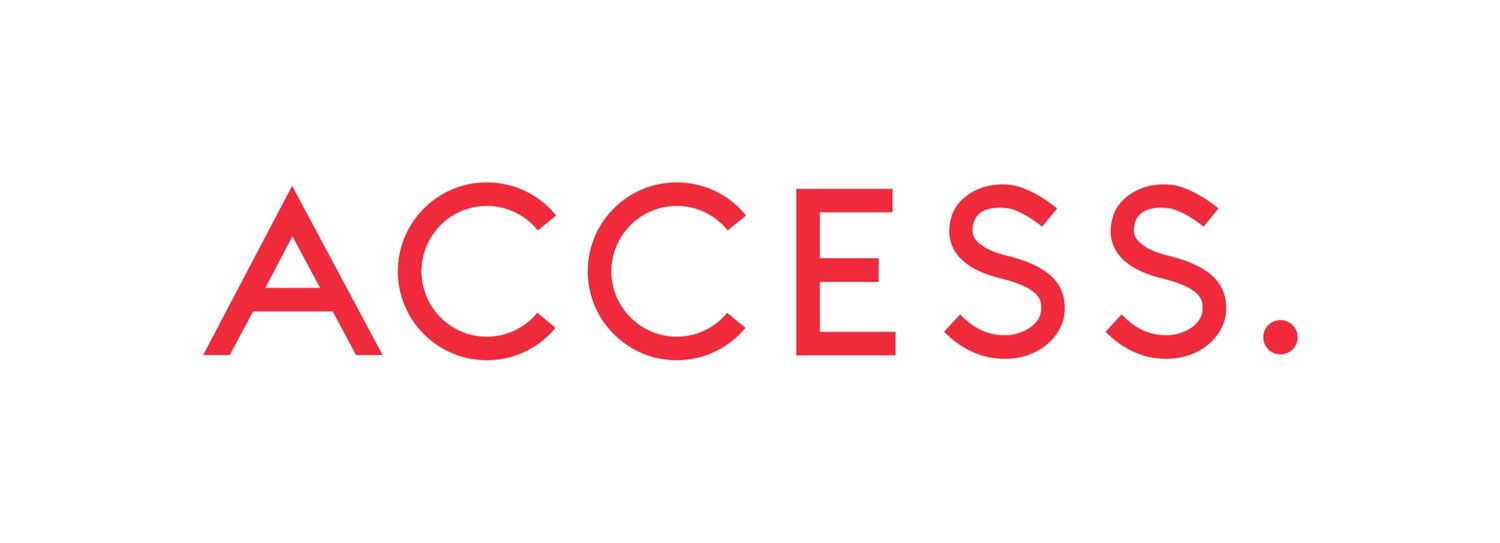by Andrew Devlin, Managing Associate
Access Planning’s Tamim Raad and Andrew Devlin returned to their alma mater this past term to co-teach “Transportation Planning for Good Cities and Regions” at UBC’s School of Community and Regional Planning.
The class introduced students to the fundamentals of urban and regional transportation planning, what goes into developing transportation megaprojects, policies, strategies, and actions, and the critical role of values, objectives, and priorities in helping to keep cities and regions focused on what matters most. Students learned through the first-hand experience of an incredible group of practicing planners and engineers who shared their best advice and ideas to create equitable, just, and sustainable transportation systems and cities.
Throughout the term, students leveraged this insight to develop ideas and proposals for implementing some of the key actions and strategies in Transport 2050 – Metro Vancouver’s regional transportation strategy. These included advancing a regional bus rapid transit network, developing a regionally integrated shared micro-mobility system, delivering interregional transit along the Sea-to-Sky corridor, and developing new ways to fund and deliver a robust regional bike network.
A very big thank you to the guest speakers who shared their experiences, perspectives, and ideas as practicing planners helping advance some of Canada’s most complex transportation and mobility projects and initiatives. James Stiver Caitlin Cooper Nick Lovett Ingrid Hawkins Fearghal King Tessa Forrest Natalie Corbo Blair Underhill Justin Hall Joanna Clark Lisa Parker Michael Himmel Graham Cavanagh
We can’t wait to see what this creative, thoughtful, and passionate generation of planners, designers, and engineers do next! Fumika Noguchi Caroline Dunaux Yiyang Wang Sayani Mandal Rahul Shahi Julianna Neudorf Rajpreet Sidhu Reyhan Cuming Alex Heilmann Khelen Upadhyay Kathryn Wu Stephanie Grondin Molly Barkowsky

























